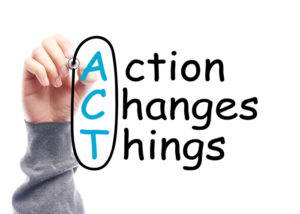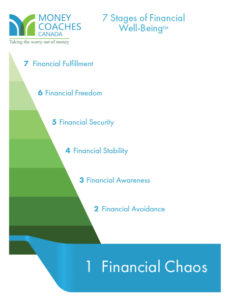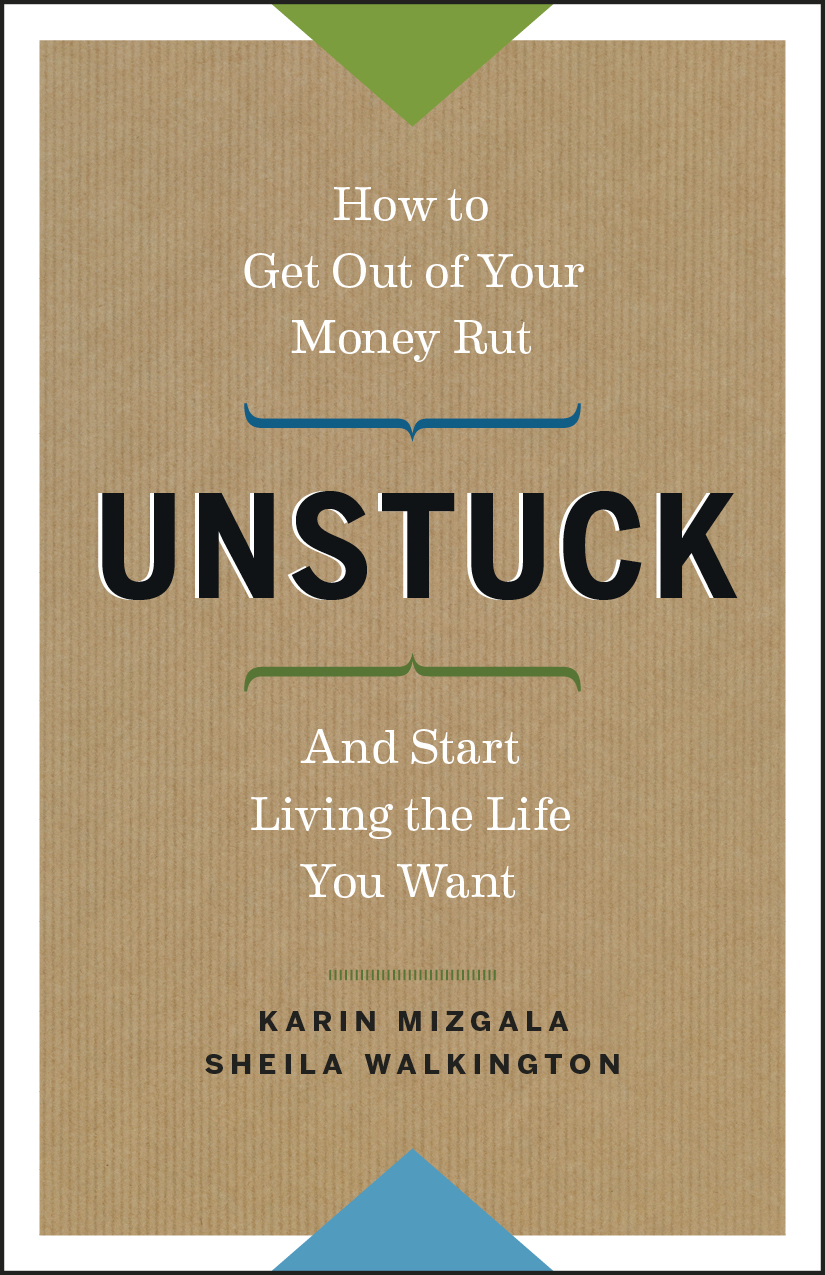
Tom Feigs, CFP®, CET
Financial planner and money coach Tom Feigs was born and raised in Calgary, Alberta, but his favourite piece of advice for Canadians concerned that they aren’t prepared for retirement, comes from the East, not the West. It’s a Chinese Proverb: The best time to plant a tree was 20 years ago. The second best time is now.
And now is when Tom can help. Tom’s ideal clients are in their 40’s or 50’s and are really motivated to create a retirement plan that they can be excited about.
“One of my favourite moments as a coach, is helping people realize their dreams faster than they anticipated,” he says. “It’s great to be able to tell someone who hopes to retire within five years that in fact they can retire now.”
“There is no single road to personal or financial fulfillment,” says Tom, “and the journey is as important as the destination.”
Tom’s own journey began in the Energy Industry after he earned a diploma in Engineering Science Technology. But outside of work he was studying investing, and reading books on finance. Then, seven years ago, inspired by watching his children follow their unique paths; his daughter is an actor and artist, and his son is a correctional officer, Tom decided to follow a new path of his own.
He started by committing nine months to completing the Certified Financial Planning Curriculum, because it was very important to him to have the CFP® designation and the standard of excellence it represents.
Tom had only one dilemma; he wanted to be a planner, coach and educator, not a salesperson.
“I believe there is an inherent conflict for planners who also sell products” he says. “I want clients to know that my advice has only their needs at its core.”
A solution appeared in the June 2010 edition of Forum Magazine, a trade publication for financial advisors. The cover featured an image of Sheila Walkington, co-founder of Money Coaches Canada and the Women’s Financial Learning Centre. Tom found Sheila’s goal of creating a network of money coaches across Canada appealing and was soon on board.
“I like to get to know my clients, and get them excited about their possibilities,” Tom says. “Once we crystallize their retirement goals we can plant the seeds to achieve them.”


 The base of the 7 Stages of Financial Well-BeingTM pyramid represents those furthest removed from feeling in control and empowered financially. For many, Chaos represents their starting point on their journey to Financial Fulfillment.
The base of the 7 Stages of Financial Well-BeingTM pyramid represents those furthest removed from feeling in control and empowered financially. For many, Chaos represents their starting point on their journey to Financial Fulfillment. Happy New Year!
Happy New Year!





